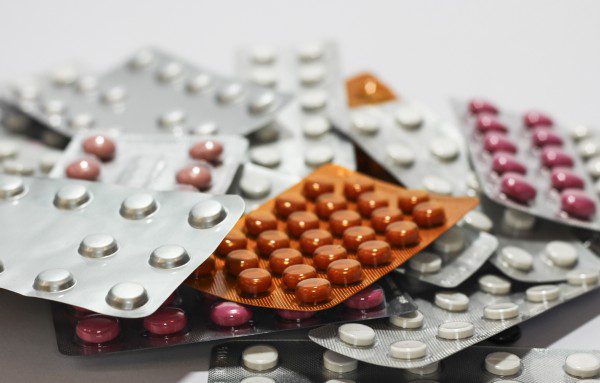When Amanda Aleluia came down with stomach pains one Wednesday, she did the sensible thing and went to see a doctor in her densely populated suburb of Xipamanine in the Mozambican capital Maputo.
A visibly confident doctor prescribed a dose of treatment but the medicine cost too much for Amanda, a 25-year-old informal trader, so he went to an unlicensed street vendor for pills on the cheap.
“With my social economic status it was too expensive at the pharmacy. so I was forced to buy street drugs as they are less expensive,” she told APA as she sat next to her vegetable stall at the busy Xipamanine market.
Within hours Amanda was hospitalized at Maputo Central Hospital, Mozambique largest and oldest referral health facility, sickened by the very drugs that were supposed to cure her.
An E.U.-funded report seen by APA on Thursday said tens of thousands of people in sub-Saharan Africa die each year because of counterfeit medication.
The drugs are mainly made in China but also in India, Paraguay, Pakistan and the United Kingdom.
According to the Mozambican health authorities, 12 percent of the medicines on sale in the country are counterfeit, and are thus a danger to public health.
The percentage of counterfeit drugs in Africa can reach 30 percent, while the average across the globe is 10 percent the Permanent Secretary in the Mozambican Health Ministry, Zacarias Zindoga, told APA on Thursday at the close of a project on “Promoting the Quality of Medicines”.
“Adulterated and low quality medicines are a serious public health problem”, said Zindoga.
When people take counterfeit medicines, this can result in failures inmedical treatment, lead to microbial resistance, and even cause the death of the patient, and this could damage the trust of users in the Mozambican health service.
Zindoga urged the Ministry’s cooperating partners to continue defending public health, by guaranteeing the quality of medicines sent to Mozambique.
The official recognised that no country is immune to the menace of counterfeit medicines, and the risks are particularly high in countries with defective systems of control, regulation and inspection.
Zindoga mentioned the law on medicines, vaccines and other biological products passed by the Mozambican parliament, the Assembly of the Republic, in 2018.
This set up a Regulatory Authority for Medicines, and a system to guarantee the quality of medicines.
Almost half the fake and low-quality medicines reported to the World Health Organization (WHO) between 2013 and 2018 were found to be in sub-Saharan Africa, said the report, also backed by Interpol and the Institute for Security Studies.
For her part, the director in Mozambique of the United States Agency for International Development (USAID), Jennifer Adams, pointed to corruption as one of the factors that facilitates the entry into Mozambique of counterfeit and low quality medicine, which wastes the government’s limited resources, and puts the lives of Mozambicans at risk.
“This should never happen”, stressed Adams, adding that no doctor should be obliged to supply poor quality medicines to patients.
To end the threat posed by counterfeit drugs, Adams called for increased investment in the Mozambican health system, and the introduction of sustainable local changes, which promote resilience.
She stressed USAID’s support for Mozambique’s National Quality Control Laboratory.
The laboratory employs 15 technical staff, who are trained to use state-of-the-art equipment to test the quality of medicines used in Mozambique.
Fake drugs also threaten a thriving pharmaceutical sector in several African countries.
That has helped prompt Ivory Coast, where fake drugs were also sold openly to crack down on the trade.
CM/as/APA


